#EdCrunch-2017 International Conference in Moscow
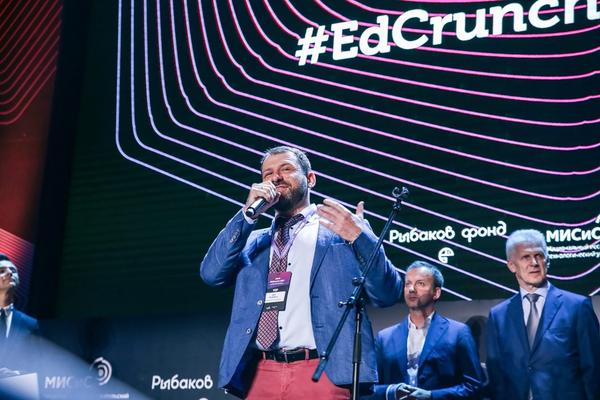
#EdCrunch-2017, one of the largest European conferences on new educational technologies in secondary, higher and professional education, took place at the World Trade Center in Moscow on September 26-27, 2017. It brought together about 3,500 education, innovation and business professionals including the heads of global associations such as OECD, ISTE, United World Colleges, rectors of the world’s top universities, advanced IT companies including Microsoft Worldwide Education, IBM, Google, and directors of the world’s best innovative schools.
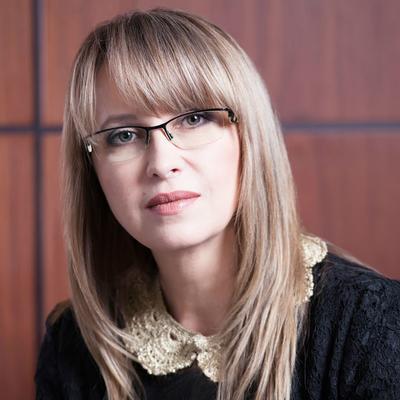
Alevtina CHERNIKOVA,
Rector of NUST MISiS
—NUST MISiS is creating, in cooperation with top Russian higher education institutions, the integrated digital education space—the portal providing the best online courses in various disciplines. It will represent an integrated base of educational programs with a system of their rating according to the level of relevance and a modern learner‑friendly interface design.
The conference was hosted by the National University of Science and Technology MISiS (NUST MISiS) and the Institute for Economic Development Acceleration—Rybakov Foundation with support from the Ministry of Education and Science of the Russian Federation and the EdX international Internet-based education platform offering free online courses. The opening ceremony was attended by Arkady Dvorkovich, Deputy Chairman of the Government of the Russian Federation; Andrei Fursenko, Assistant to the President of the Russian Federation, Head of the Interagency Working Group on the National Project Education; Lyudmila Ogorodova, Deputy Minister of Education and Science of the Russian Federation, and many other professionals.
The opening ceremony was followed by the press conference of keynote speakers of #EdCrunch, dedicated to the startup of the high priority project in the field of education—Modern Digital Educational Environment in the Russian Federation (MDEE).
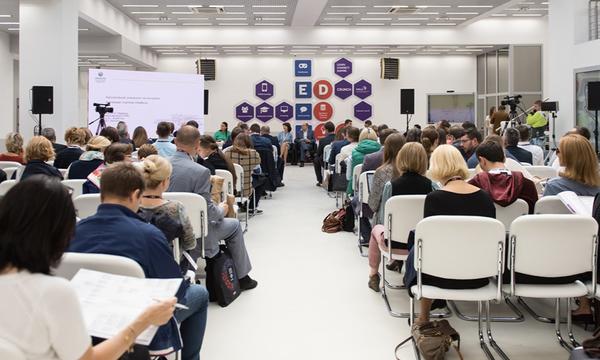
FACT. Today the National Open Education Platform (NPOed) comprises 231 open online courses, with almost 400,000 attendees enrolled.
The National Open Education Platform (NPOed) officially started up at the #EdCrunch Conference in 2015. It was founded by eight top universities of Russia—Lomonosov Moscow State University, Higher School of Economics, the National University of Science and Technology MISiS, Peter the Great St. Petersburg Polytechnic University, Moscow Institute of Physics and Technology, St. Petersburg State University, Ural Federal University, and ITMO University. Today the platform comprises 231 open online courses, with almost 400,000 attendees enrolled.
To successfully implement the MDEE project, it is necessary to create the content filtration and quality evaluation system, the conditions for positive personal identification in online learning, the system of convenient access to resources developed by various organizations, the conditions for exchanging true information on learning outcomes in electronic format between organizations; and also to assure compiling a digital portfolio for each learner throughout their life.
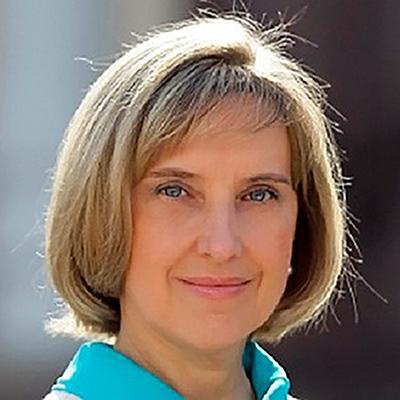
Lyudmila OGORODOVA,
Deputy Minister of Education and Science of the Russian Federation
—The Modern Digital Educational Environment project aims to solve socially important issues, to contribute to education accessibility using new learning formats and new educational technologies, and to promote lifelong learning. This can only be done when we have a sufficient number of learning modes and resources. This sufficiency of learning resources all over the world is achieved thanks to a variety of e-Learning modes. The MDEE high priority national project was created based on the already existing national open education platform. Today online courses are requested by 1.5 million citizens of Russia.
The first contest for participation in the MDEE project has already been conducted; the winners are the top Russian universities. Today they begin establishing 10 regional centers with a purpose to implement the high priority project at the local level. The winners include the teams which will develop standards, technologies, regulatory mechanisms, etc. The first indicators of the MDEE high priority project should be attained by the end of this year.
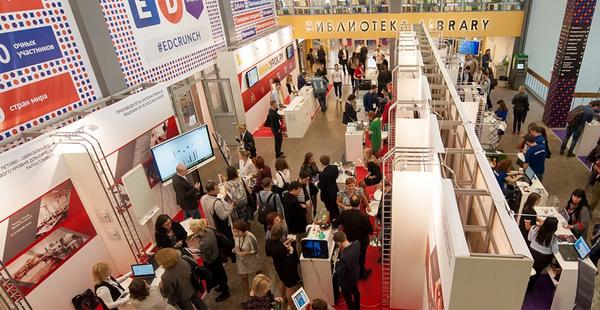
The #EdCrunch2017 Conference in Moscow included the final stages and award ceremonies of numerous educational events such as the i-Teacher nationwide contest aimed at finding and rewarding the best innovative teachers who are changing the contemporary education using IT technologies; the Educational Innovation Contest—KIVO for teachers, businessmen, students and anyone interested in education; EdTech Alley—the international exhibition of innovative educational projects and technological solutions for education; the third international competition of Open Online Courses—EdCrunch Award 2017; as well as the Mentoring Session of PHIL.TECH Projects (PhilTech—technologies for philanthropy); the EdHack Ar/Vr hackathon for designing educational projects using augmented and virtual reality technologies; Project Intensive #Sociobizness-2017, a project session for developing education and acceleration programs for creating a class of social entrepreneurs in Russia.
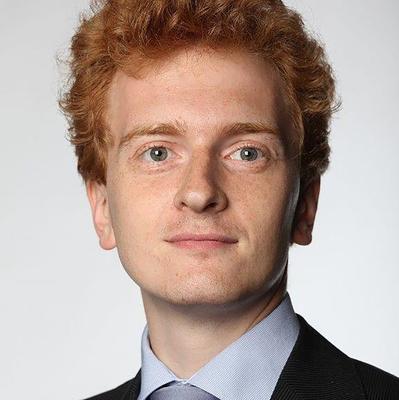
Vasilii TRETIAKOV,
Chairman of the Executive Board, NPOed; Director of the Institute of Open Educational Technologies, Ural Federal University
—We have a significant number of courses covering a wide range of basic disciplines of a Master’s degree program and postgraduate training program. Most importantly, we learnt how to integrate these courses into our curricula in such a way that our students can really get new opportunities. At more than sixty Russian universities such learning mode has become standard practice, and 90% of students of these universities prefer e-Learning format despite its complexity.
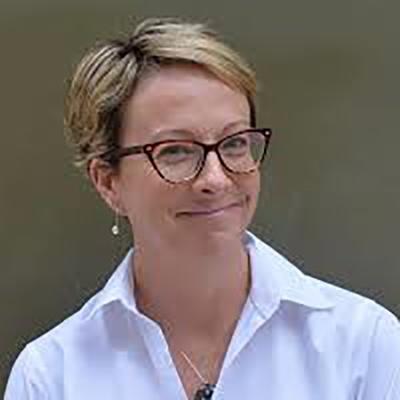
Eden DAHLSTROM,
Executive Director at the New Media Consortium (NMC.org)
—The market for educational technology, publishing, and harvesting data about learners is a tremendous draw to corporate entities. If hi-tech and publishing companies are not currently investing in the educational marketplace, they will likely be doing so in the near future. Google, Microsoft, and Apple all have educational units vying for market share, with Google for Education in the clear lead (at least in the U.S. market). Universities are in a position to influence publishers and vendors to develop new products and services for the education marketplace.
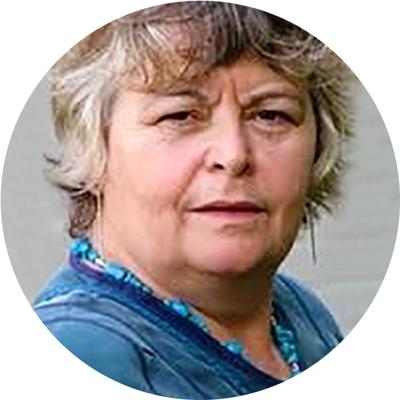
Colleen MCLAUGHLIN,
Director of Educational Innovation at Cambridge University
—Cambridge is Europe’s most successful technology cluster, having produced 14 companies valued at more than $1 billion, and two (ARM and Autonomy) valued at more than $10 billion. The vast majority of these companies are connected to the University in some way: they are either based directly on University research, are founded or staffed by University graduates, or work collaboratively with University researchers to find solutions to business problems.
#EdCrunch-2017 once again confirmed the status of the largest European conference in the field of education technologies bringing together heads of global associations. Leading experts, people who create not only the present but also the future of education in the world, shared their best practices and projects with the forum participants. Three hundred speakers from 70 countries participated in the conference. The keynote speakers included Andreas Schleicher, Special Adviser to the Secretary General on education policy at the Organization for Economic Cooperation and Development (OECD); Esben Staerk Jorgensen, President of LEGO Education; Mick Walker, Trustee and Fellow of the Chartered Institute of Educational Assessors; Michael King, Vice President and General Manager of Global Education Industry at IBM; Saku Tuominen, founder of the Finnish project HundrED; Eden Dahlstrom, Executive Director at the New Media Consortium (NMC.org); Colleen McLaughlin, Director of Educational Innovation at Cambridge University; Maurice de Hond, founder of Steve Jobs School; Aram Pakhchanian, Vice President of ABBYY, Director of Ayb School, and many others.